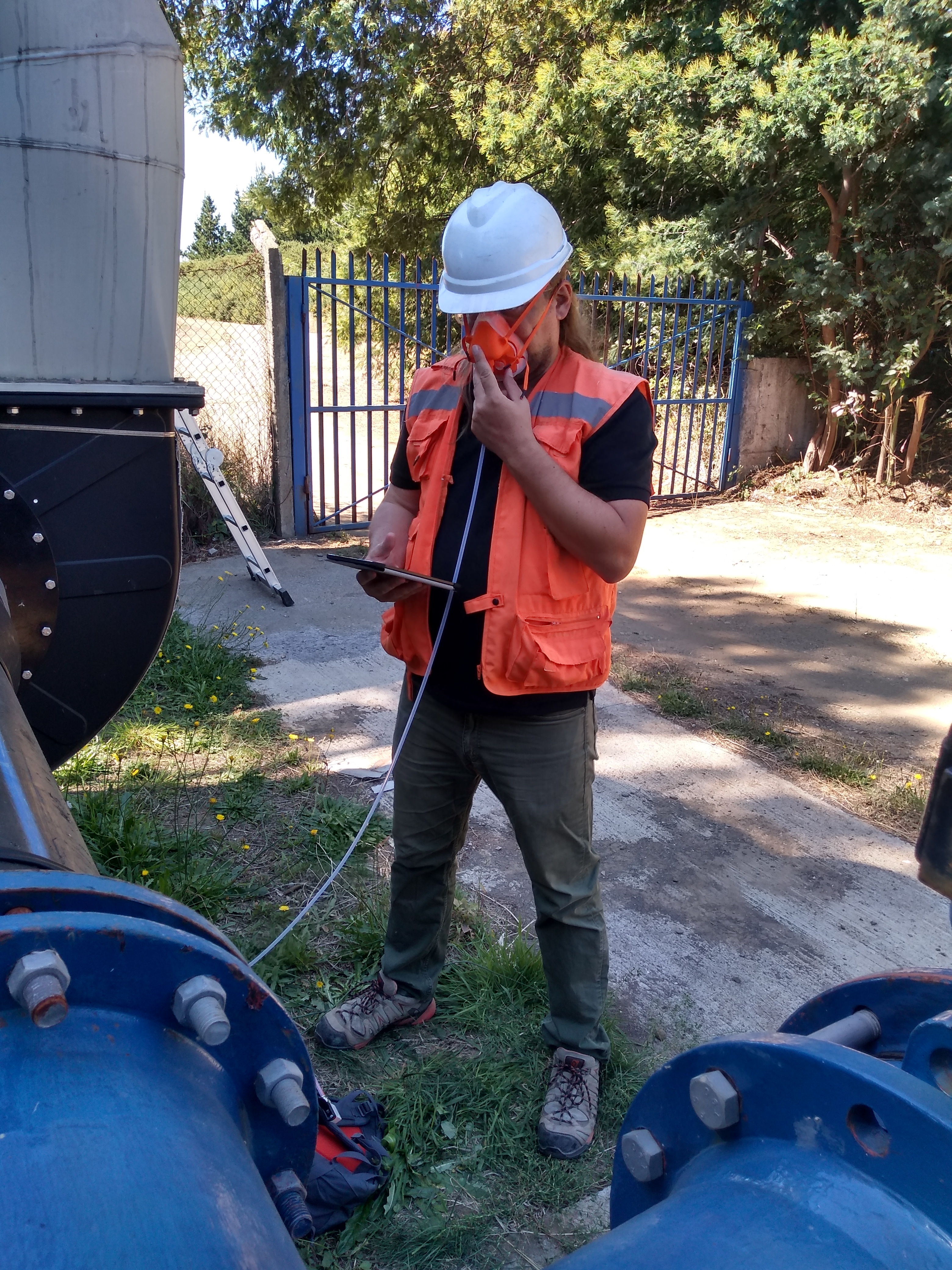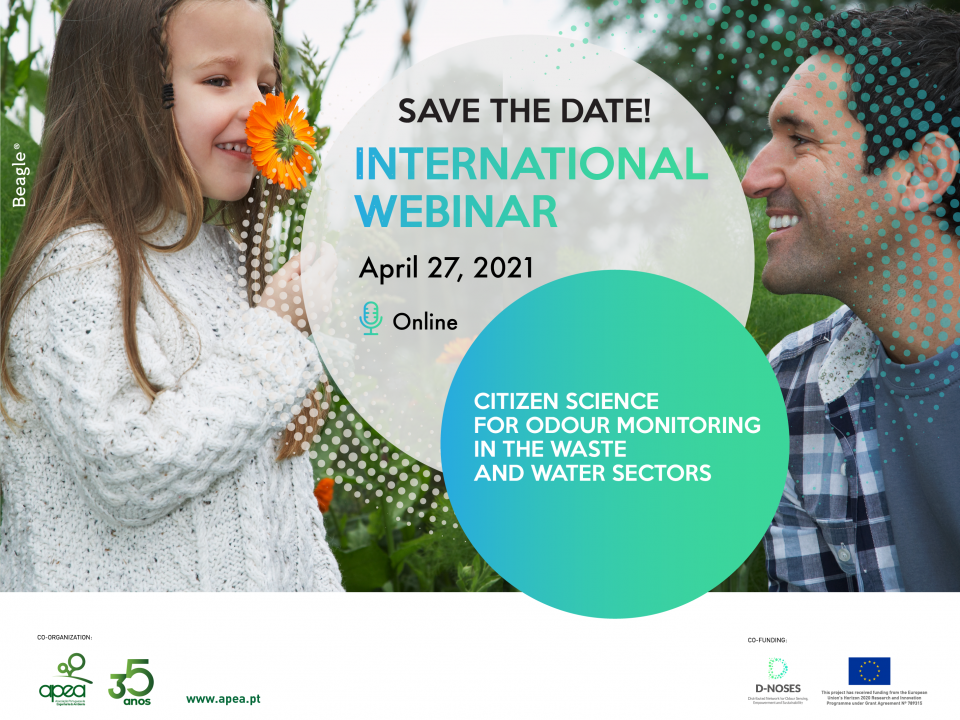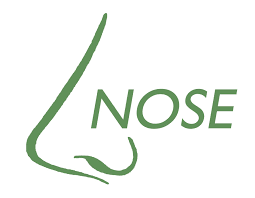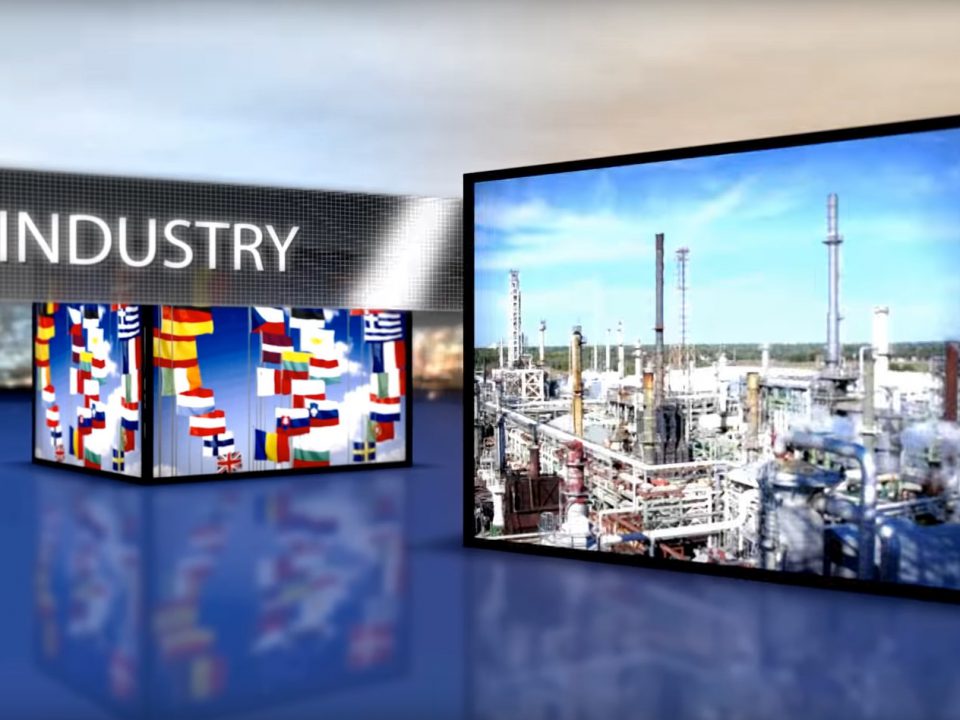- Happy or unhappy with the Odour Observatory? Tell us here!

Engaging affected communities in Barcelona and Sofia: where are we at?
October 23, 2020
Last, but not least: Updates from D-NOSES’ pilots in Portugal
November 4, 2020Gerhard Schleenstein is one of the odour experts working on D-NOSES. He is a senior environmental consultant, with 18 years of working experience. He graduated from the Technical University of Berlin as an Environmental Engineer and holds a MSc from Lüneburg University. In 2009, Gerhard founded Ecotec, an environmental consultancy which specializes in solid and liquid waste and odour management, based in Chile. Ecotec has notably been commissioned by the Chilean Environmental Ministry to draft a roadmap for the comprehensive regulation of odours in the country. Today, he brings us some insights about odours.
Once someone told me that the farmost longest part of our human genome is related to odours. Therefore, everybody should or could be an odour expert. As for myself, I am actually not very good at smelling and even worse, at tasting. Still, I worked for nearly 20 years now in waste management and waste water treatment, so when I enter a treatment plant, I can see and smell if it works properly. Being an engineer first, and odour expert second, the expertise is, for me, about analyzing the nature of the problem and then, trying to solve it.
How much do we currently know about odour pollution and its impact(s)?
We are all familiar with odours, and potentially odour pollution as well – so I think we [odour experts, editors’ note] know quite a lot on the issue. Technical standards for odours have been developed for more than 30 years now. Still, there is a lot of interesting science behind odours and smell to be discovered: for instance, if you think about the sensors recently developed that can identify diseases by analyzing your breath. [For more information on the subject, you can have a read here, editor's note]

Gerhard Schleenstein, odour expert on the D-NOSES project
Measuring odours [using traditional methods, editor’s note] is very expensive and you can make a lot of mistakes. Because of cost issues, as an expert you probably will take only a few odour samples and therefore are not sure at all if your sample is representative of the industrial process. Just consider industrial production cycles that might vary during the year or even on a daily basis. In the whole process of sampling, sample storage and transport, lab analysis and dispersion modelling afterwards, you can easily have an uncertainty of several hundred percent if not done with diligence.
Do you think the current odour regulations enforced in your country of residence are appropriate to tackle odour pollution?
I live in Chile, although being German. Odour regulation is still as absent as anywhere else, but has improved during the last ten years. 2020 hast been the year for the first concrete proposal of an odour regulation regarding piggeries. It is challenging, but focuses only on measuring emissions. The problem is that in piggeries you have mainly passive sources that are complex to quantify, such as naturally ventilated stables or huge areas for land treatment of the slurry. Here, while measuring the odours, we will face the ‘uncertainty issue’ I mentioned before. Unfortunately, the proposed regulation does not care about the neighbours’ noses and does not consider measurements at the receptors to verify if the dispersion modelling leads to correct results.
How is citizen engagement valuable, or not, for odour experts?
The very first advice to any of our clients is to be a good and responsible neighbour. The worst thing you can do, as an industry, is not to take care of the people that surround you. Feedback of citizens is vital for any odour emitting industry if you want to improve. Involving citizens sometimes is not easy, especially if the odour expert has an purely engineering background, such as I do. Still, the purpose of what we do is to improve the quality of life of people, so, we need them to be engaged, otherwise we surely will fail.
Many thanks to Gerhard for his contribution!




